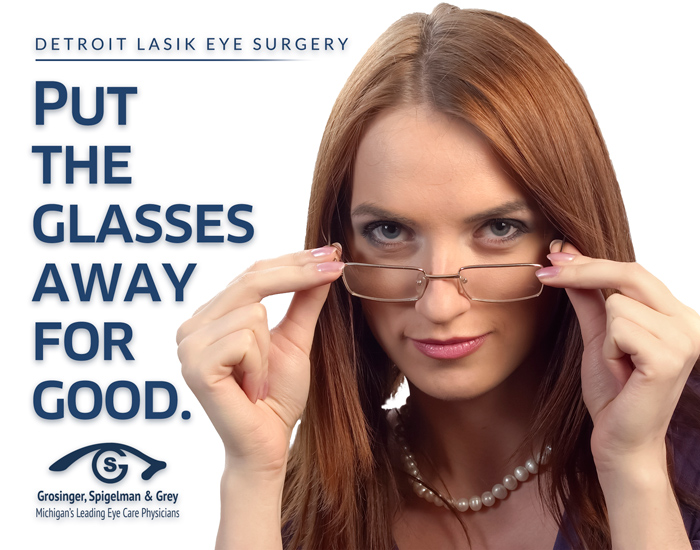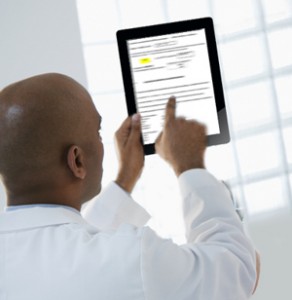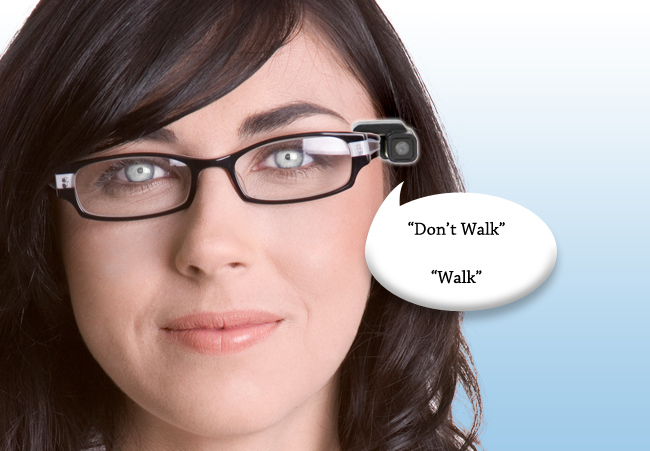 The changing of the seasons brings about many changes in everyday life, from clothing and food choices to how people take care of themselves. One thing that is commonly overlooked is how they care for their eyes throughout the seasons, particularly in the late fall and winter when temperatures drop. Eyes are particularly at risk for injury during the cold winter months. Recognizing the symptoms of eye injury and knowing what protective measures are available will increase a person’s ability to avoid eye injury.
The changing of the seasons brings about many changes in everyday life, from clothing and food choices to how people take care of themselves. One thing that is commonly overlooked is how they care for their eyes throughout the seasons, particularly in the late fall and winter when temperatures drop. Eyes are particularly at risk for injury during the cold winter months. Recognizing the symptoms of eye injury and knowing what protective measures are available will increase a person’s ability to avoid eye injury.
Signs and Symptoms of Cold Weather Eye Injuries
Two of the most commonly seen winter eye injuries are sun damage and dry eyes. Sun damage is caused by the sun’s UV rays reflecting off the snow or ice. It can cause damage to the corneal tissues resulting in blurred vision, extreme sensitivity to light, eye spasms, and red eyes. In some cases medicated eye drops may be required to prevent infection and soothe the eyes. Over exposure to UV light is also a leading factor in the formation of cataracts, which is a clouding of the cornea. Doctors strongly recommend dark glasses to protect the eyes from the sun while skiing, snow shoveling, hiking, or any other outdoor activities.
Dry eyes are more common in the winter when there is a decrease in humidity, with windows closed and heaters on. Dry eye may also occur when people attempt to force their eyes open during windy conditions or while participating in outdoor activities such as skiing, sledding, and snowmobiling. Symptoms of dry eyes include red or itchy eyes, a feeling that there is something in the eye, blurred vision, and potential damage to the cornea. This winter eye condition is easy to treat. Common treatments are using a humidifier indoors, making sure to blink often, using eye drops, and wearing dark glasses when participating in outdoor activities. It is important for people to take proper care of their eyes during the winter months to ensure overall eye health as well as gain the most enjoyment from the winter season.
If you think you may need proper eye care this time of year like medicated eye drops, be sure to give Eye Michigan a call and we’ll set up an appointment for you right away (248) 221-1022.







